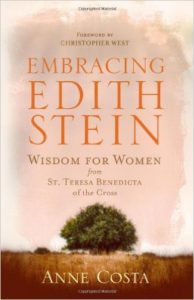Podcast: Play in new window | Download (Duration: 30:07 — 20.8MB) | Embed
Subscribe: Apple Podcasts | Spotify | Amazon Music | Android | Pandora | iHeartRadio | JioSaavn | Podchaser | Gaana | Podcast Index | Email | TuneIn | Deezer | Anghami | RSS | More
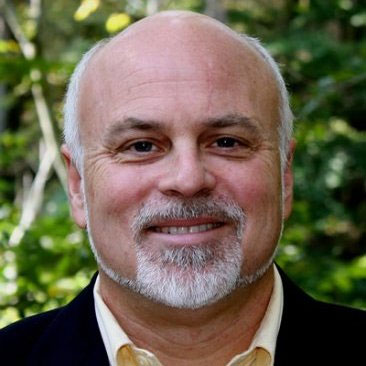
David Scott – The Love That Made Mother Teresa on Inside the Pages with Kris McGregor
David Scott is one of the finest Catholic authors of our time. He can catechize from the heart like few I have ever read and the case is no different in what he offers with “The Love That Made Mother Teresa“. More than just another biography on the life of this great woman, David offers insightful spiritual reflections on different events she encountered during her extraordinary life. If we are open to those lessons, her response to those moments can aid Christ in transforming our lives today. In his hands her story truly becomes a witness to “Love”. I’ve read many, many books on the life of Blessed Teresa of Calcutta, this is my favorite.
You can find the book here.
About the Book
The countless sweet photos of her smiling at babies showed Mother Teresa to be a single-minded advocate for the poor. But she was a woman with a will whose strength has been matched by few souls in history. Mother Teresa broke death’s stranglehold on the poor of Calcutta, and she showed us how to conquer the sin and darkness in what she called the “slums of the hearts of modern man.”
Part biography and part spiritual reading, these pages bring to light little-known stories from Mother Teresa’s life that will help you to grow in your love of God. You will learn her approach to reading Scripture, what enabled her to persevere through agonizing nights, and the remarkable — some would say mystical — events that led her to start the Missionaries of Charity.
In considering Mother Teresa, her private visions, and her secret sufferings, David Scott has discovered scores of early episodes and chance encounters that point to later, larger meanings. These remarkable patterns, he suggests, show that Mother Teresa’s life was choreographed from above, as if a divine script had been written for her from before her birth.
In these pages, you will meet for the first time the Mother Teresa who challenged the ancient Goddess of Death and became the first saint of our global village. You will read her long-secret letters describing the dark nights of her soul. The woman you will meet is one that God Himself sent to you as a clear sign that despite pain and suffering in our lives and in our world, God’s good love will prevail . . . beginning in the slums of our hearts.
We are all called to holiness, and the saints are sent to us as “real life” examples of God’s love. With Mother Teresa as your guide, you’ll learn how to follow God’s call and find holiness in a world marked by the shadow of death and growing indifference to God. Indeed, you’ll learn how to be an everyday missionary of Christ’s love in the ordinary activities of your daily life.
About the Author
David Scott is the current Vice Chancellor of Communications in the Archdiocese of Los Angeles and former Editor of Our Sunday Visitor. Scott has published several books, including studies of Blessed Teresa of Calcutta and Dorothy Day. Hundreds of his essays and articles have appeared in journals and periodicals throughout the world, including the Vatican newspaper, L’Osservatore Romano, as well as National Review, Commonweal, Crisis, Inside the Vatican, National Catholic Register, Washington Report on Middle East Affairs, Beliefnet.com and elsewhere. Scott holds a master’s degree in religion and scripture from Pittsburgh Theological Seminary.


 What a delight to speak with Leah Lebresco about her book “Building the Benedict Option: A Guide to Gathering Two or Three Together in His Name.” Practical and inspiring, Leah, along with with little help from her friends, helps us to see and experience the “communion” in community. A much needed work for today!
What a delight to speak with Leah Lebresco about her book “Building the Benedict Option: A Guide to Gathering Two or Three Together in His Name.” Practical and inspiring, Leah, along with with little help from her friends, helps us to see and experience the “communion” in community. A much needed work for today!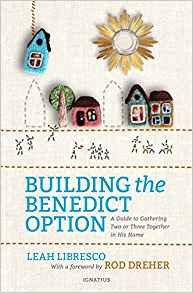
 Dr. Lilles continues the spiritual explorations of the Letters of St. Elizabeth of the Trinity. In this episode, we discuss letter 165, with a special focus on the power of the Eucharist and meets us in our suffering:
Dr. Lilles continues the spiritual explorations of the Letters of St. Elizabeth of the Trinity. In this episode, we discuss letter 165, with a special focus on the power of the Eucharist and meets us in our suffering:

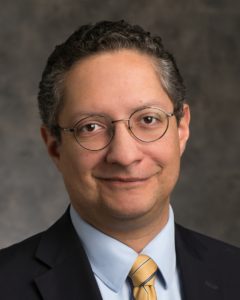
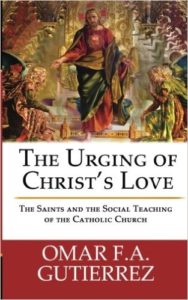

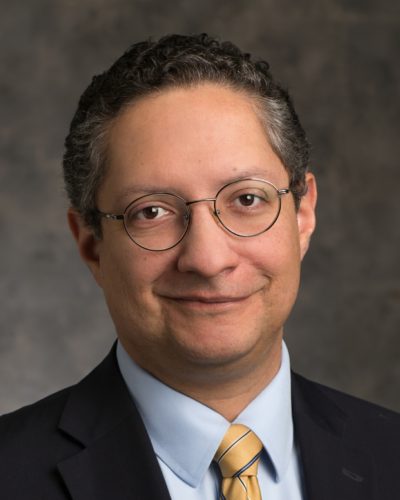
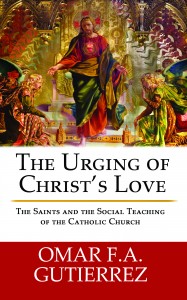
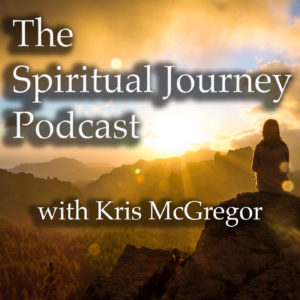 “Let’s start at the very beginning, because it’s the very best place to start…”
“Let’s start at the very beginning, because it’s the very best place to start…”
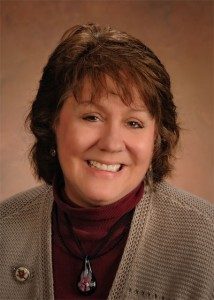 Far from a clinical dissertation on Edith Stein’s writings, Anne introduces us to a woman with whom she has shared a rich spiritual friendship. By learning from and then implementing her wealth of teaching, Anne gives a saint who can help us to grow in faith and wisdom . Highly recommended!
Far from a clinical dissertation on Edith Stein’s writings, Anne introduces us to a woman with whom she has shared a rich spiritual friendship. By learning from and then implementing her wealth of teaching, Anne gives a saint who can help us to grow in faith and wisdom . Highly recommended!